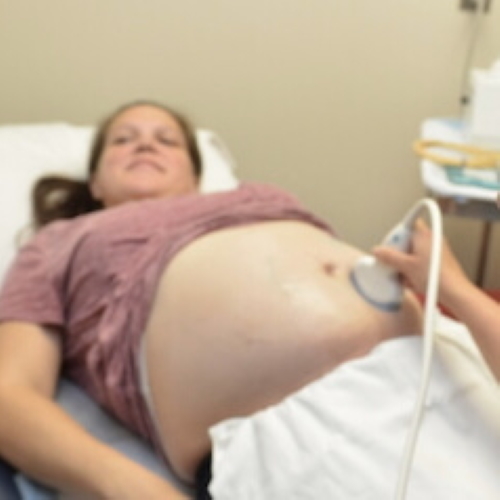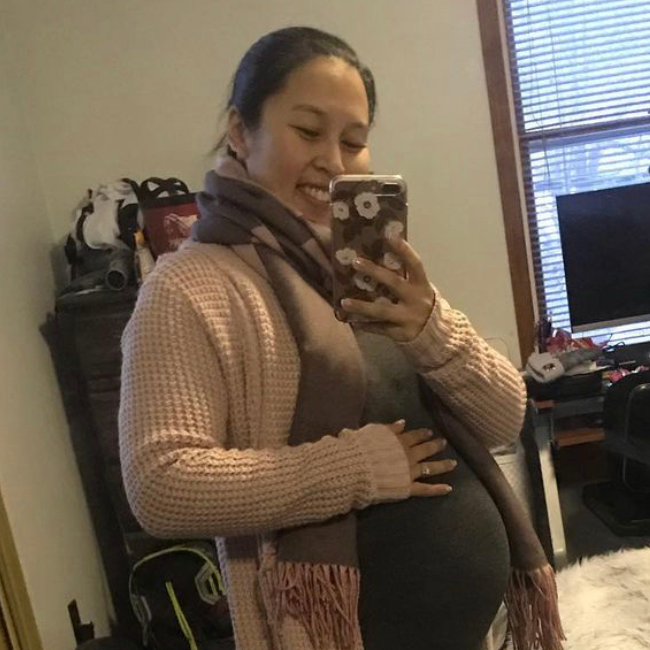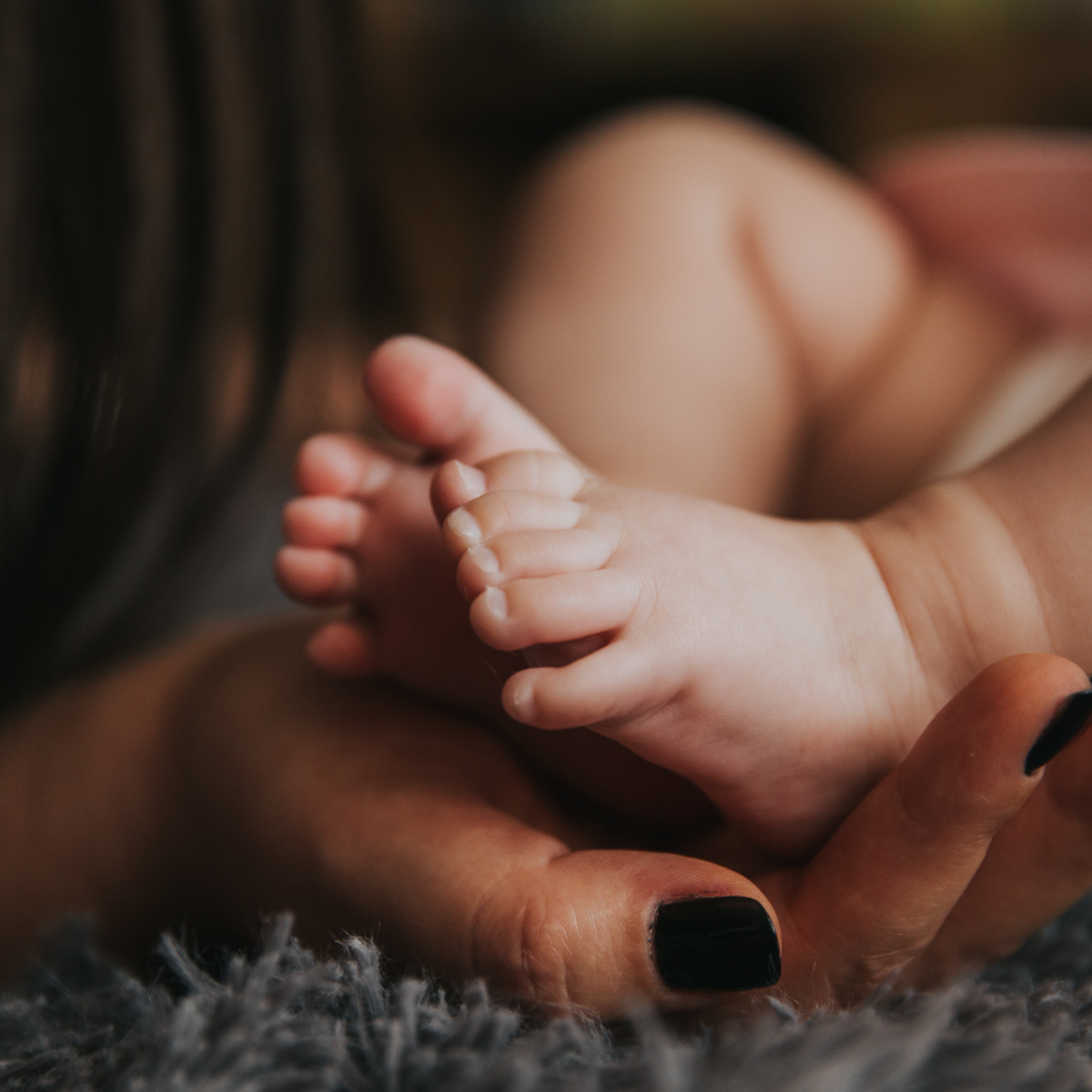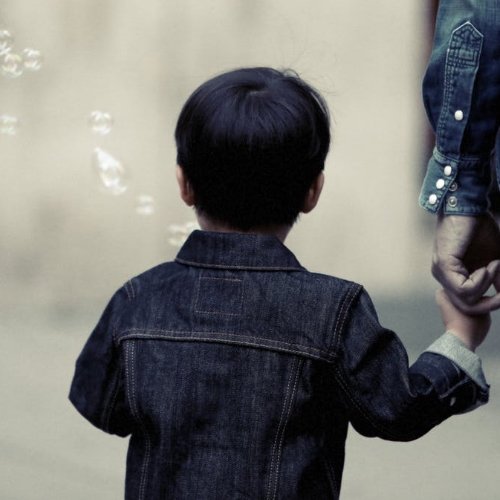Fertility and Pregnancy After Cancer Treatment
When first facing a cancer diagnosis, pregnancy might seem like the furthest thing from your mind. But for many patients it’s an important consideration, even if you don’t have immediate plans to have a child.
Here are answers to the most popular fertility and cancer treatment questions, supported by our The Patient Story community members. If you want to read all stories that touch on the issue of fertility preservation, go to our stories section.
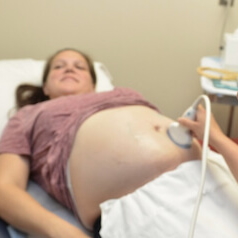
- Does cancer treatment cause infertility?
- How do you know your personal fertility risk?
- What are the options for preserving fertility?
- Getting started with egg retrieval or fertility preservation
- What does egg harvesting, retrieval & freezing cost?
- For more information, check out the full patient stories
- Resources
Does cancer treatment cause infertility?
Chemotherapy, radiation, or surgery treatments for cancer patients all have the potential to adversely affect vital reproductive organs in both women and men. These effects are not always permanent, however.
If not permanent, your fertility after cancer, and how long you may need to wait following treatment to attempt pregnancy, depends on a variety of factors. For women in particular your age, type of cancer, and type of treatment can all influence fertility. Men also may need to wait for a few years after treatment before any sperm damaged by chemotherapy is replaced.
How do you know your personal fertility risk?
In short, ask the professionals.
Some patients, like Joyce Yu, first learned about the risks chemotherapy posed to her fertility from her oncology nurse navigator. Joyce noted, “Because I am 23, my nurse navigator did not want me to regret not trying to pursue the potential options out there to preserve my fertility.”
Read Joyce’s full egg retrieval story →
Everyone’s experience will be different, but your doctor will be able to walk you through your personal case. They may evaluate your current fertility, try to estimate your risk for infertility or early menopause, and outline your options for maximizing fertility chances post-treatment.
What are the options for preserving fertility?
In the best circumstances, it’s possible to prepare for a future pregnancy before you undergo cancer treatment. For women, this often (but not always) means going the route of In vitro fertilization (IVF) to collect and store eggs for later. For men, banking healthy sperm before treatment may be your doctor’s recommendation.
Unfortunately, this sort of preparation does take time, which it tough to prioritize when it’s so important to begin chemotherapy or other treatments as soon as possible.
For Joyce, her biggest concern about starting the IVF process was simple.
Timing! I knew the minimum time needed was 2 weeks for hormone therapy. With this disease, I was worried if my body was going to allow enough time for me to go through with this IVF process.
Rick, a testicular cancer survivor who underwent removal surgery, noted, “even though you probably should just in case something goes wrong, it’s very unlikely for something to go wrong during the surgery. But before you do chemo, they 100-percent would recommend that you sperm bank if you plan to have children. It’s important in the future.”
Getting started with egg retrieval or fertility preservation
In addition to working with your oncologist to understand the risks to your fertility, you’ll need to seek out a medical professional to perform IVF or other fertility preservation options.
For Mila, a cervical cancer patient, she was able to rely on references. “My oncology doctor also put me in touch with a colleague of his that was a really great IVF doctor as well so my gynecological oncologist was really great and instrumental in rallying other doctors and referring me to the IVF and radiation oncologist.”
What does egg harvesting, retrieval & freezing cost?
Fertility treatments can be expensive, and not all health insurance plans will cover the cost of fertility-preserving procedures.
If financing your fertility treatments is a concern, and insurance isn’t an option, there may be other organizations available to help.
As Mila suggests, “Walgreens, for example, has the “Heartbeat Program“. Livestrong has a really great program where they help cancer patients going through IVF so there are organizations out there that know and are advocates and help monetarily.”
For more information, check out the full patient stories
The Patient Story spoke with Joyce Yu to learn about her experience undergoing egg harvesting and retrieval after diagnosis and before chemotherapy to increase her chances of becoming pregnant in the future.
Explore Hugo Toovey’s story about sperm banking after learning that one surgery he underwent, RPLND surgery, could “cause retrograde ejaculation which means you’re infertile. Luckily, I didn’t have that complication, but I do have some frozen sperm there if I needed it in a worst-case scenario.”
Hear from Mila Lazarevsky about her experience facing a cervical cancer diagnosis at the age of 29, and how it affected her fertility.
Hear how Rick Henrikson dealt with testicular cancer, removal surgery, and the fertility risks involved with the process.
Patient Stories on Fertility
Resources
- https://www.cancer.net/survivorship/life-after-cancer/having-baby-after-cancer-pregnancy
- https://www.mayoclinic.org/tests-procedures/in-vitro-fertilization/about/pac-20384716
- https://www.cancer.net/navigating-cancer-care/dating-sex-and-reproduction/fertility-concerns-and-preservation-women
- https://www.cancer.net/navigating-cancer-care/dating-sex-and-reproduction/fertility-concerns-and-preservation-men
